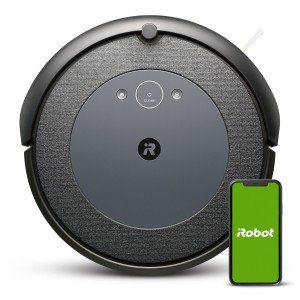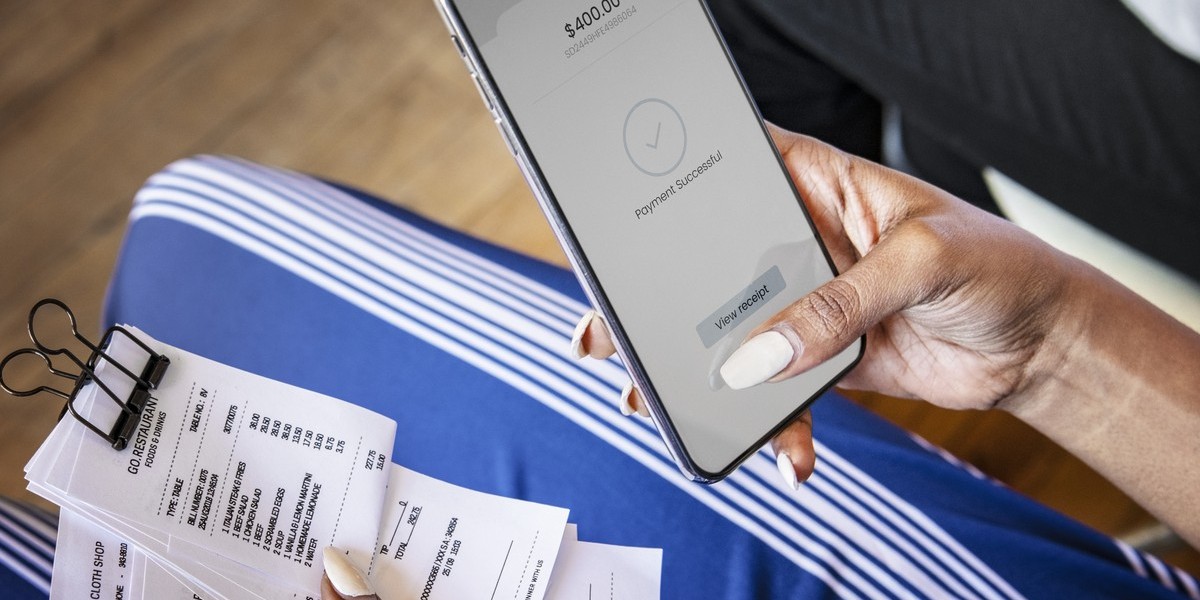Robotic Vacuum Cleaner Comparison: The Future of Home Cleaning
In the last few years, robotic vacuum have actually transformed the way we preserve cleanliness in our homes. With advancements in technology and the incorporation of expert system, these devices have progressed from simple novelty products to necessary family devices. This article provides a comprehensive comparison of a few of the leading robotic best auto vacuum on the market, assisting consumers make informed choices when choosing a model that suits their requirements.
Understanding Robotic Vacuum Cleaners
Robotic vacuum cleaners are autonomous machines designed to clean floorings instantly. Geared up with sensing units, they browse around challenges and adjust their cleaning routes for optimal effectiveness. The key features that distinguish different designs include suction power, battery life, app connectivity, navigation technology, and price.
Key Features to Consider
When comparing robotic vacuum cleaners, prospective buyers ought to consider the following elements:
- Suction Power: Measured in Pascals (Pa), suction power determines the efficiency of getting dirt and debris.
- Battery Life: The length of time a vacuum can run before requiring a recharge significantly impacts its cleaning performance.
- Navigation Technology: Models might utilize basic random navigation or innovative mapping technologies (like LIDAR) that enable them to create a map of the home.
- Smart Features: Connectivity to smart device apps or smart home systems can boost functionality and control.
- Filter Type: HEPA filters are advised for allergy patients, as they trap irritants and enhance air quality.
Comparison of Top Robotic Vacuum Cleaners
Below is a comparison table of some of the best floor vacuum robot robotic vacuum cleaners available in 2023:
| Model | Suction Power (Pa) | Battery Life (min) | Navigation Technology | Smart Features | Price (GBP) |
|---|---|---|---|---|---|
| iRobot Roomba i7+ | 1700 | 75 | Smart mapping | App control, voice command | ₤ 949 |
| Roborock S7 | 2500 | 180 | LIDAR | App control, multi-floor | ₤ 649 |
| Neato D7 | 2000 | 120 | LIDAR | App control, zone cleaning | ₤ 599 |
| Ecovacs Deebot T10 | 3000 | 150 | Smart mapping | App control, room detection | ₤ 799 |
| Shark IQ robot automatic vacuum cleaners cleaner comparison (https://gitlab.webswipe.de/) | 1200 | 90 | Random | App control, self-emptying | ₤ 399 |
Description of the Table
iRobot Roomba i7+: Known for its robust cleaning capability, it features smart mapping technology that allows it to designate specific areas for cleaning. Its self-emptying function is a plus for benefit.
Roborock S7: This design excels in suction power and battery life, making it perfect for bigger homes. Its LIDAR innovation helps create an effective cleaning path, and it can vacuum and mop all at once.
Neato D7: The D-shape style enables for better corner cleaning, and it features strong suction power. Its LIDAR navigation allows it to map out cleaning areas properly.
Ecovacs Deebot T10: Boasting the highest suction power and advanced navigation, this model can manage numerous floors effectively. It's a versatile choice for families with varying floor types.
Shark IQ Robot: An best affordable robot vacuum choice that still provides smart features. Its self-emptying ability and app combination make it a useful option for those looking for a solid cleaning buddy without breaking the bank.
Benefits of Robotic Vacuum Cleaners
Robotic vacuum use numerous advantages that add to their increasing appeal among customers:
- Time-Saving: Automated cleaning allows users to maximize important time that can be spent on other activities.
- Convenience: Many models can be arranged through apps to clean at specific times, reducing manual effort.
- Availability: They can reach under furniture and in tight spaces where standard vacuums might have a hard time.
- Daily Maintenance: Regular use of robotic vacuums can assist keep a regularly clean environment, promoting better total home hygiene.
Frequently Asked Questions About Robotic Vacuum Cleaners
1. How often should I run my robotic vacuum?
It is suggested to run the robotic vacuum a minimum of 2-3 times a week to maintain cleanliness, though day-to-day usage can be advantageous, specifically in homes with animals or high foot traffic.
2. Do robotic vacuums work on carpets?
Yes, numerous robotic vacuums are created to work on carpets, however efficiency may vary based on the design's suction power and brush type. Look for designs specifically mentioned as reliable for carpets.
3. Can robotic vacuums clean family pet hair?
Many robotic vacuums can successfully get pet hair, but those with strong suction and tangle-free brush styles are especially appropriate for this task.

4. How do I maintain my robotic vacuum?
Routine upkeep consists of cleaning the brushes and sensing units, clearing the dustbin, and periodically changing filters to ensure ideal efficiency.
5. Are robotic vacuums worth the investment?
While they tend to be more pricey than traditional vacuums, the convenience, effectiveness, and time-saving elements make them a deserving financial investment for numerous households.
The marketplace for robotic vacuum cleaners continues to broaden as technology evolves, using customers a range of choices to match different cleaning requirements and budget plans. By carefully considering functions such as suction power, battery life, and smart capabilities, users can select a design that aligns with their way of life. Whether for benefit, ease of usage, or remarkable cleaning performance, robotic vacuums are undoubtedly reshaping the future of home cleaning.








